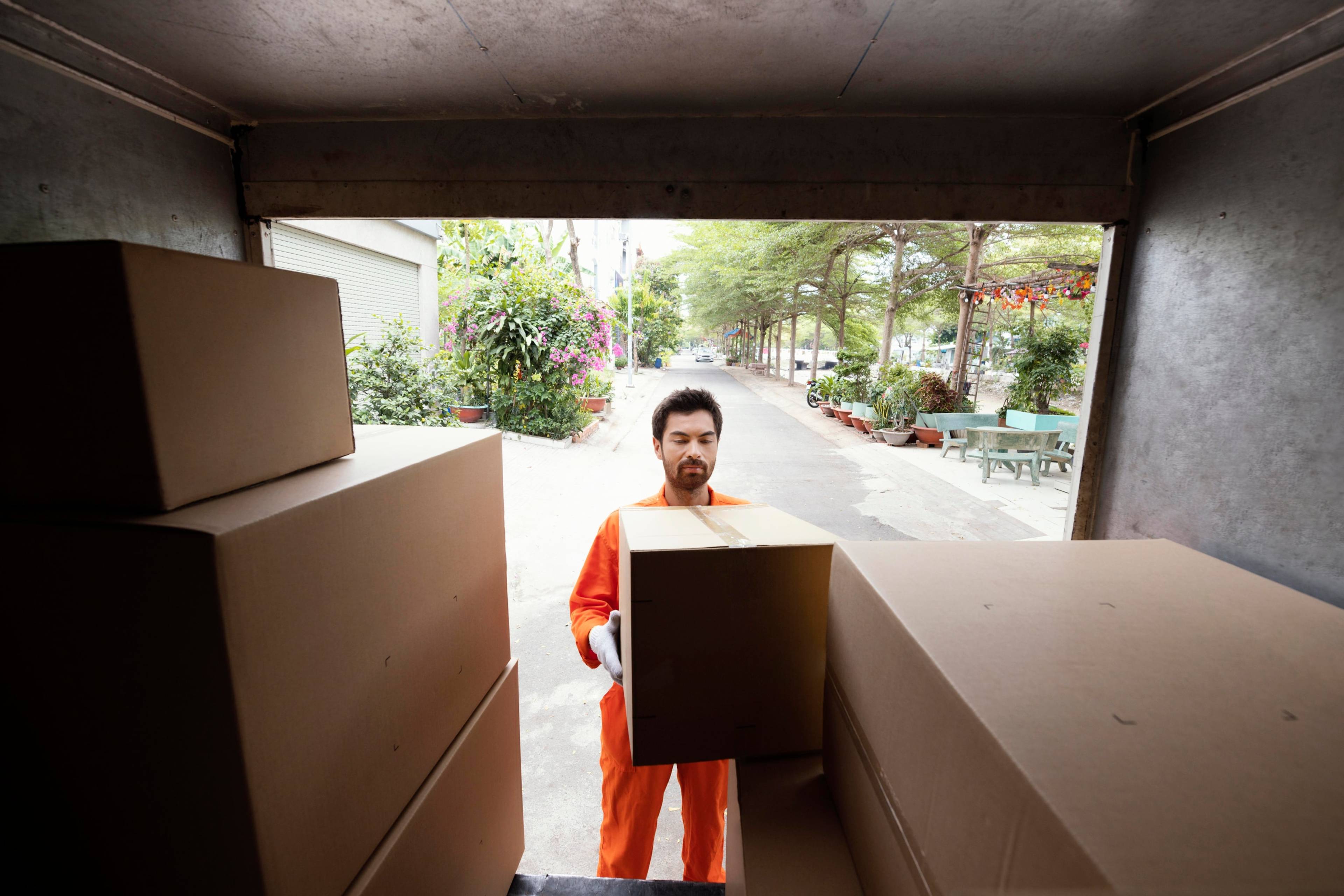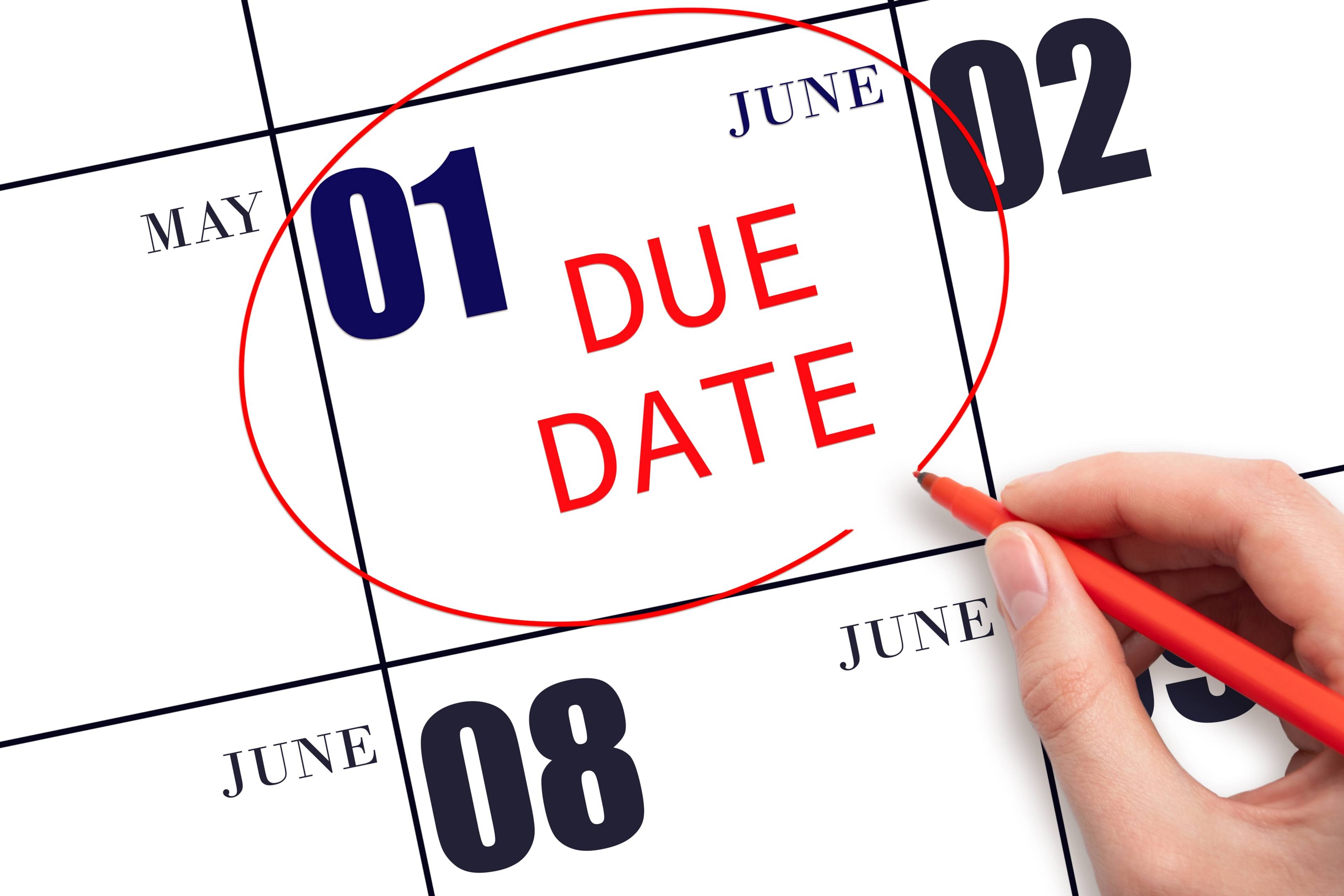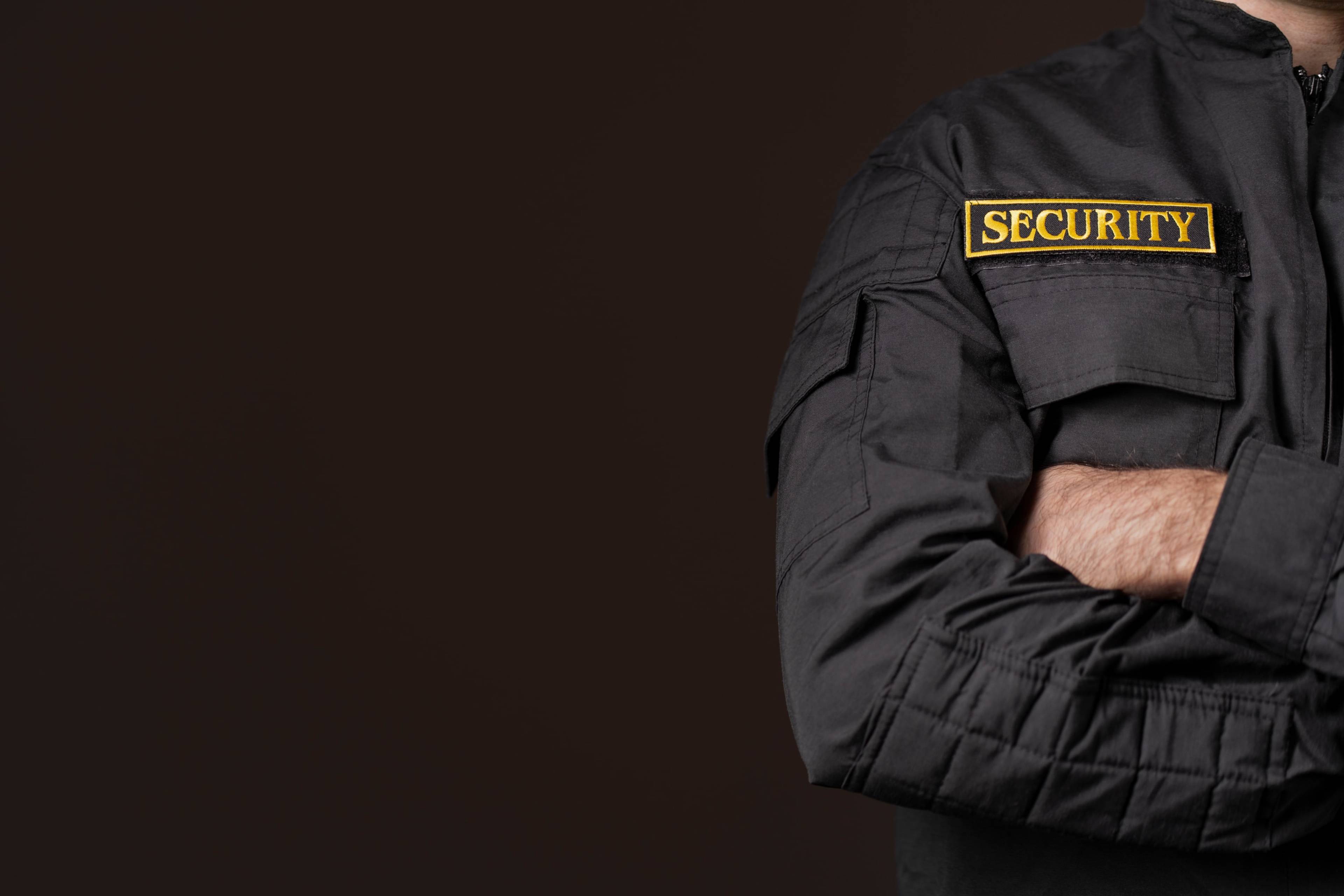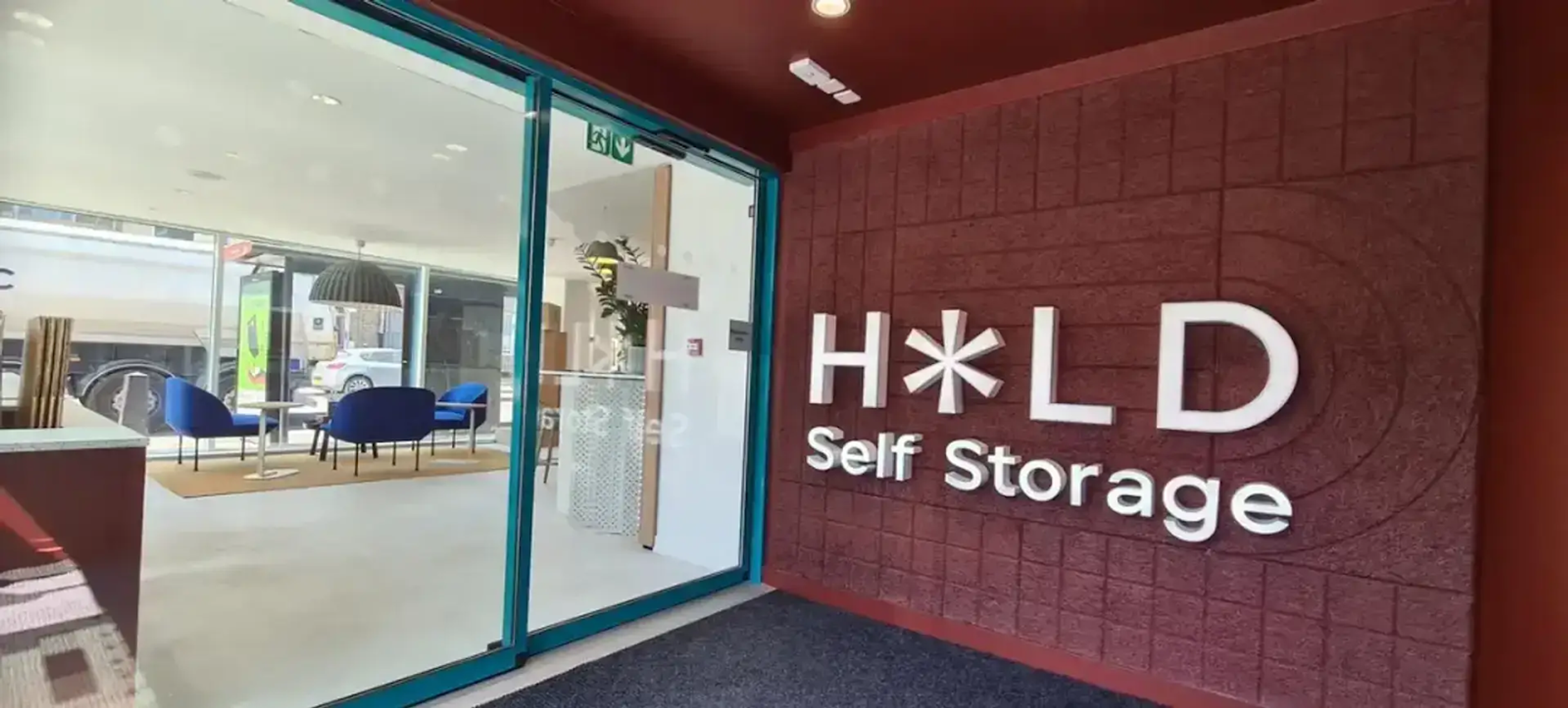In an increasingly cluttered world, the need for additional space is becoming more common. Whether you are moving house, downsizing, or just decluttering, the demand for storage solutions is at an all-time high.
Self storage units offer a versatile and convenient way to manage your belongings, allowing you to store anything from furniture to important documents, all while ensuring they remain secure and in good condition. But before you go ahead and rent a storage unit, it’s essential to understand the requirements and documentation needed to make the process seamless.
Understanding the self storage industry
This industry has grown exponentially in the UK, offering a range of storage options to suit various needs. Whether you need a small storage room with space for a few boxes or a large unit to store the contents of an entire house, self storage facilities have something for everyone.
These facilities come equipped with a range of features, such as climate control, security measures, and direct access, which cater to different types unit sizes of storage needs.
The right self storage unit can be an invaluable resource when you need to keep your belongings safe for either a short period or a more extended time frame. But to access these facilities, it’s important to meet the requirements set by the storage companies.
Why use a self storage unit?
Before diving into the paperwork and legalities, it’s important to understand why so many people turn to self storage units as a solution.
- Moving house – Whether you're downsizing or waiting to move into a new property, a storage facility offers a place to keep your possessions temporarily.

- Renovating or redecorating – Freeing up space to work without having to worry about damaging your furniture or decor.
- Decluttering – When your home or business space feels too full, a self storage space provides a perfect cost-effective solution for creating more space.
- Business storage – Small businesses, especially those with physical inventory or equipment, often turn to self storage facilities as an affordable way to store items.
- Seasonal storage – Whether it’s winter sports equipment or summer garden furniture, storing these items off-site keeps your home or office tidy year-round.
These are just a few examples of when storage units come in handy. Now let’s move on to what you’ll need to rent a storage unit.
What do you need to get a storage unit?
When considering renting a storage unit, you’ll need to provide certain documents and meet some basic requirements. These may vary slightly depending on the storage company, but there are universal standards that a self storage facility follow.
1. Proof of identity
To rent a self storage unit, most storage companies require you to provide valid proof of identity. This ensures the storage or rental facility has a legitimate record of their clients and can communicate effectively if needed.
Typical forms of ID include:
- Passport
- Driving licence
- National insurance card
Bringing along a valid photo ID is usually sufficient, though some facilities may ask for secondary identification. This step helps ensure that all transactions are secure and verifiable.
2. Proof of address
Next, you'll need to show proof of address to rent a storage unit. This could be one of the following:
- A recent utility bill (dated within the last three months)
- A council tax bill
- A bank statement
This document confirms your residency, helping the storage company ensure that their records are accurate and up-to-date. It also enables the storage facility to contact you regarding any issues, changes to payment terms, or general updates about the unit.
3. Payment details
When renting a self storage unit, you’ll typically need to provide your payment details upfront. Most storage companies accept a variety of payment methods, including debit and credit cards. Some may also offer direct debit or standing order options, which can be a convenient option if you plan to use storage units for a long term.
It’s an extremely important that to familiarise yourself with the payment terms. Some facilities require a security deposit, which is refundable at the end of your rental period, provided there is no damage to the unit or missed payments.
Additionally, there could be additional charges for services such as extended opening hours or climate control.
4. Security deposit
As mentioned above, many self storage facilities request a deposit before you move your belongings into your storage unit. This deposit is typically a one-time fee that is refunded when you move out, assuming no damage has been done to the unit and all payments have been made on time. It acts as a form of insurance for the self storage facility itself, ensuring that the unit is returned in good condition.
Insurance for your belongings
Insurance is another key consideration when renting a storage unit. While the storage facility will often have its own insurance covering the premises and general liability, this does not extend to your personal belongings. Most storage companies require customers to have their own insurance for the items they store, and failing to do so could result in a breach of the agreement.
Some facilities will offer insurance as part of their service, while others may recommend third-party providers. Alternatively, you might be able to add the coverage to your existing home insurance. Make sure to confirm what is covered, especially if you plan to store large items, high value or fragile items such as electronics, artwork, or delicate items that may require special protection, such as bubble wrap.
Climate controlled units to store special items
For particularly sensitive to items stored elsewhere, such as electronics, musical instruments, or antiques, you might want to consider renting a climate-controlled unit. These units regulate temperature and humidity, ensuring that belongings you store aren’t affected by extreme temperatures or fluctuations in humidity.
This is especially important if you’re storing goods for an extended period, as extreme temperatures can cause warping, cracking, or corrosion.
Rental agreement – what to look out for
Before renting a storage unit, you’ll need to sign a rental agreement. This document outlines the payment terms, the duration of the rental period, and your responsibilities as the tenant. It’s crucial to read through this contract carefully to ensure you understand the obligations involved.
Some points to look out for in the rental agreement:
- Payment due date – most self storage facilities operate on a monthly billing cycle, but it's important to check when payments are due to avoid any late fee fees.

- Access times – some facilities offer extended opening hours or 24/7 access to storage businesses, while others may have more limited hours. Be sure you understand when you can access your storage unit.
- Additional fees – are there any extra costs for things like climate control, direct access, or security upgrades? Always be clear on what is included in your basic rental fee.
- Ending the rental – find out how much notice you need to give before terminating the contract. Some storage companies require a certain number of days or weeks' notice, and there may be penalties for ending your contract early.
Security measure at self storage facilities
One of the key factors in choosing a self storage unit is security. Modern facilities take this very seriously and typically offer a range of security to protect your belongings.
Key security features inside:
- CCTV surveillance – most storage facilities will have around-the-clock CCTV monitoring.
- Individual unit locks – your storage unit should have a robust lock that only you can have easy access to, ensuring that your items are safe.
- Security guards – some facilities employ security guards to monitor the premises, adding an extra layer of protection.

- Access codes or key cards – many self storage units operate on a keycard or access code system, ensuring only authorised individuals can enter the premises.
Ask about these additional insurance features when selecting a storage facility to ensure that your belongings are safe and secure.
Packing and storing items safely
Once you’ve secured storage location for your self storage unit, the next step is to pack and organise your items efficiently. Proper packing can save you space, reduce the risk of damage, and make it easier to find items later on.
Here are some packing tips:
Use quality boxes – Sturdy boxes help protect your items from damage during transport and while in storage. Label the boxes on them clearly for easier access.
Protective wrap – For fragile items or furniture, use bubble wrap, plastic wrap, shrink wrap, or moving blankets to prevent scratches or damage.
Disassemble large furniture – To save space and prevent damage, disassemble large furniture items, like beds, tables (including table legs), and sofas.
Stack strategically – Place heavier items at the bottom and lighter items at the top. Avoid overstacking to prevent items from falling over.
Long-term vs short-term options
When considering how long you’ll need a self storage unit, it’s essential to choose the right facility that accommodates both long-term storage and short-term needs. For a few months, a smaller unit may be sufficient. However, if you’re looking for a long-term solution, consider facilities that offer discounted rates for extended stays.
Final thoughts
Renting a self storage unit can be a lifesaver when it comes to managing your own storage space needs, whether for personal, business, or seasonal purposes. By understanding the requirements and documentation needed, you can ensure a smooth process when securing your unit.
Self storage is a cost-effective solution to gaining extra space while keeping your items safe and accessible. Whether you’re storing items for a short period or using the facility for long-term storage, taking the time to plan and organise your storage option will make all the difference.
HOLD Self Storage has all your self storage needs!
HOLD Kings Cross offers climate-secure units and first-class security for all our customers. With a friendly team and 5-star storage services, our Kings Cross facility has everything you need to keep your belongings safe and sound.

Contact us today for a free quote or to learn more about our self storage service!
Frequently asked questions
When can I access my storage unit?
At HOLD, we offer 24/7 access hours and round-the-clock customer assistance. These crucial features are included in all our storage solutions at HOLD. If your business operates outside traditional business hours, it allows for late-night or early-morning inventory management. It's also beneficial if your business faces seasonal demand fluctuations, helping to improve stock management.
What is the minimum rental period? Is there long term storage?
We bill monthly, but also take pre-payment for longer stays, which can unlock a discount.
How can I access my storage unit outside of regular business hours?
To request 24 hour access, you must contact reception during office hours so that we can enable your PIN for out of hours access, otherwise you will not be able to enter the facility with your PIN. This code ensures that only authorised individuals can enter the premises, providing added security for your belongings.
What security measures do we have in place for our business storage units?
At HOLD, advanced security measures are essential for protecting our customer's business assets. The features we offer include:
- 24-hour CCTV
- Burglar alarms
- Robust security for individual units
- Personal PIN codes
- Individually alarmed units
- Fire detection systems
These features not only provide peace of mind but also protect your business assets from potential threats.


